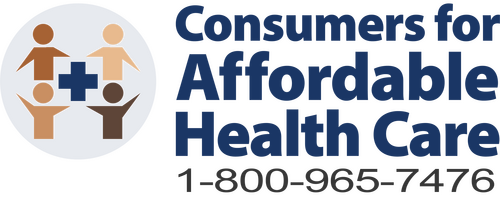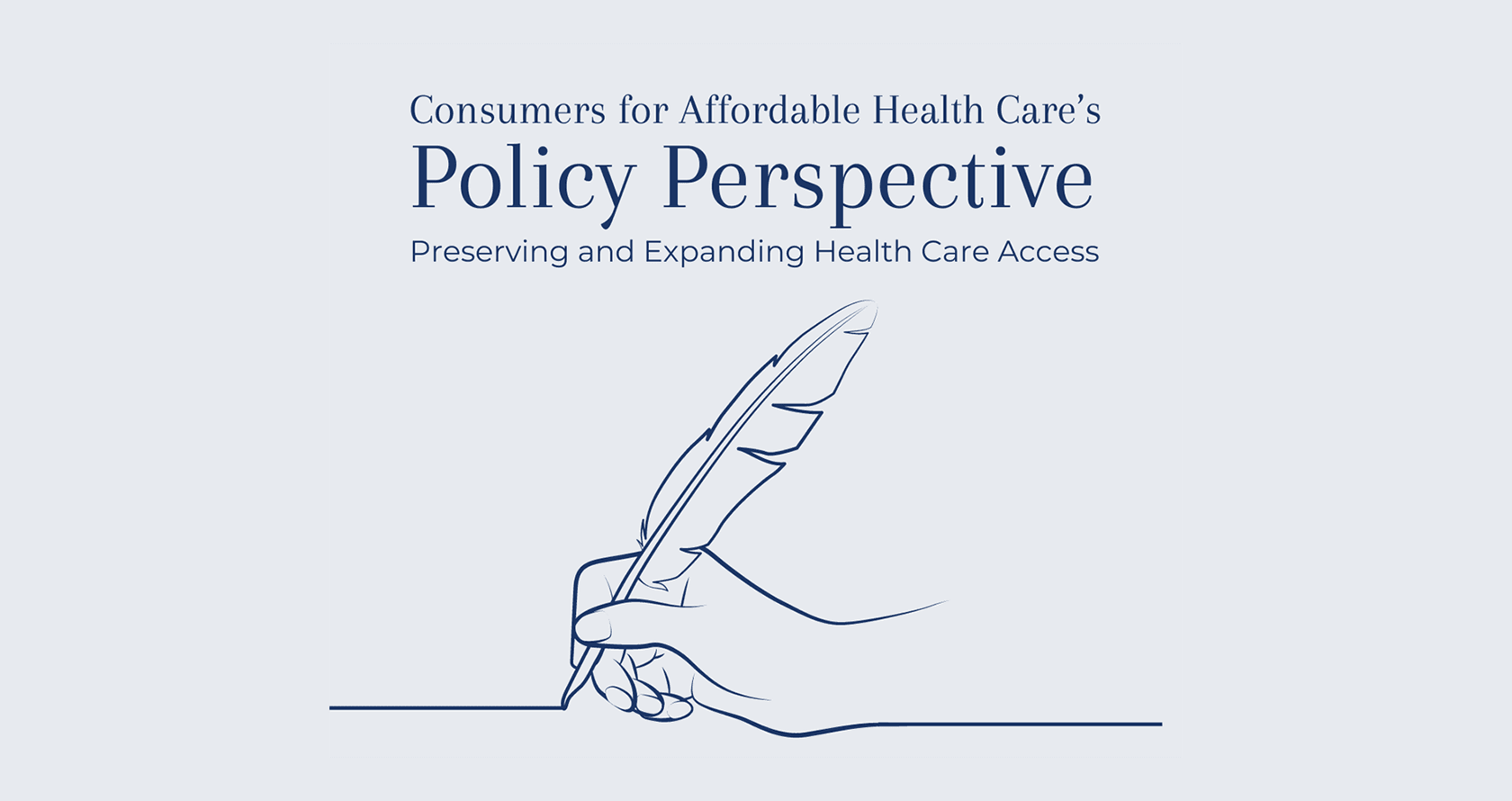Archives:
Even though global rates of maternal mortality have decreased by 43% since 1990, maternal mortality in the United States is increasing. This edition of CAHC's Policy Perspective will explore the correlation between access to affordable healthcare and maternal health outcomes nationwide and in Maine, including an exploration of policies on both the federal and state level which focus on healthcare coverage for pregnant people.
An exploration of policy solutions and consumer protections related to medical credit cards, the reporting of medical debt, hospital financial assistance programs and facility fees
A new report from the U.S. Department of Health and Human Services reveals just how impactful the prescription drug provisions of the Inflation Reduction Act (IRA) will be. The new data show the first 10 drugs subject to price negotiation under Medicare, starting in 2026, currently make up nearly 20 percent of the Medicare Part D benefit. In addition, Part B beneficiaries might see reduced coinsurances in 2024 because of the IRA’s inflation rebate provision.
It's worth it, therefore, to revisit this landmark legislation that puts affordability at the center of heath care policy objectives.
For many years, national polling has revealed that families in America struggle with the high cost of health care, and that health care costs impact decisions about insurance coverage and if and when to seek health care. In fact, health care costs rank as a top financial worry for people across the country.[1] Our survey results are consistent with nationwide trends; Maine families, like many families across the country, are struggling to afford and access the care and coverage they need.


